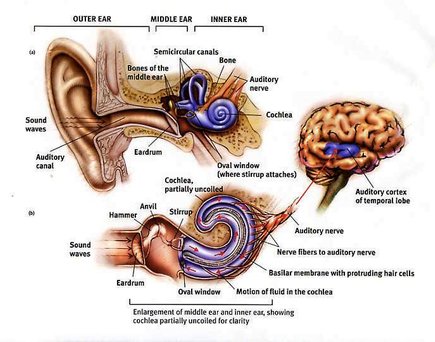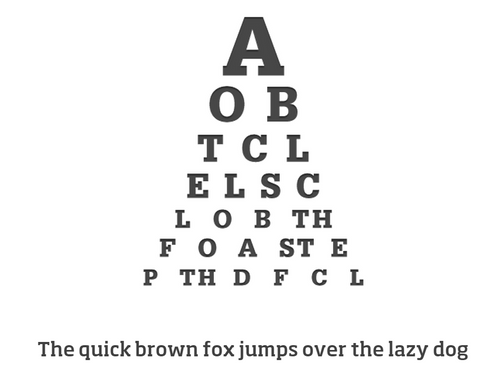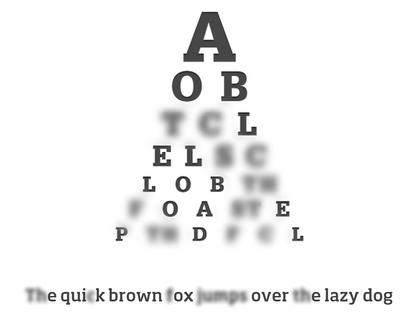

Sound radiates outwards in all directions from the original sound source.
It diminshes in intensity as it travels outwards, getting softer all the time.
If it hits a hard surface it will reflect back out from it; we call these echoes.
If it hits a soft surface it will be absorbed and not reflect back out.
Sound waves are collected by the outer ear - the pinna - amplified through the ear canal and middle ear before being delivered to the brain via the cochlea.
Only then do we turn the sound waves into meaningful information.
We create a memory for each combination of frequencies ; but as our hearing fades, so does this memory.
WHAT HAPPENS WHEN WE LOSE OUR HEARING?
Generally we lose the high pitch sounds first which means that although we can still hear noises around us we do not have enough information for us to to interpret the sounds into speech we can understand.
The unimpaired ear hears all the sounds around it and the brain can decide what is important and what to ignore, so a good hearing system can provide lots of information for you to listen to and analyse.
it will allow you to get all of the sound around you and choose what is important.


WORDS START TO MISS IMPORTANT SOUNDS
As the impairement grows, as well as obvious sounds like ticking clocks and birdsong, we lose parts of the words.
We can still hear that there is speech but because there are bits missing the words merge together into a jumble and we feel like everyone is mumbling to us.
Being sble to amplify just the bits that you are missing allows the modern well fitted hearing system to fill in the gaps in your hearing.
The sooner you start this process the easier it is to get the best results.

The sounds we hear in speech are also contained in day to day sounds. This explains why, sometimes, annoying 'background noise' interferes with what you want to hear.
A hearing device is designed to deliver a true representation of what is out there, but they also have the capability of focussing on speech over other sounds. Most of the time they can do this very successfully, but the noisy table in the corner of the pub or loud music will always bleed into the sound scape. That is why the best hearing aids allow you the listener to evaluate the situation for yourself and listen to what you want to hear.
The images above can help you understand where speech sits vs music and how your loss affects what you hear.
Music starts at a much lower freqeuncy range than speech,